The bill, dubbed the GENIUS Act (S.1582), revised in the US Senate, would require foreign-based stablecoin issuers to be subject to American regulations if they provide services to US users.
The change could bring Tether, the world’s largest stablecoin issuer, under U.S. regulation for the first time. The law also expands the definition of digital asset service providers to include developers, validator nodes, and self-custody wallet providers. These groups could also have to comply with the Bank Secrecy Act and anti-money laundering (AML) laws.
This bill could be a historic turning point for Tether, which has managed to avoid criticism about transparency regarding its reserves by operating outside of regulation for nearly a decade. The new bill also brings some conveniences that could benefit companies like Tether by expanding the scope of the asset types behind stablecoins. However, it is stated that the same bill could impose serious restrictions on the DeFi sector.
On Thursday, a vote was attempted in the Senate to begin a formal debate on the bill, but it failed because some senators had not yet read the text. The following day, an updated version of the bill was obtained by Unchained.
The new bill includes signatures from Democratic sponsors Sens. Kirsten Gillibrand and Angela Alsobrooks, but only those from Republican sponsor Bill Hagerty, along with Tim Scott, Cynthia Lummis and Dan Sullivan. Without Democratic support, the bill is unlikely to pass the Senate.
Changes in the updated version of the GENIUS Act include:
- US Regulation for Foreign Issuers: The bill requires stablecoin issuers located outside the US but serving US users to comply with US regulations. This provision directly impacts Tether, which has long been outside of regulation.
- Expanded Digital Asset Service Provider Definition: Now, not only exchanges but also DeFi protocol developers, validator nodes, and those providing their own wallet infrastructure are also regulated. These groups can also be held accountable for the use of illegal or unauthorized stablecoins.
- “Safe Harbor” Authority: The bill grants the Treasury Secretary limited “safe harbor” flexibility for small-scale or experimental projects. But granting unilateral authority to intervene in “emergency” situations has been criticized by some experts as an overreach of the executive branch.
It is not yet clear when Democratic senators saw the new version of the bill, but the changes are thought to be the result of behind-the-scenes negotiations ahead of the vote.
Experts predict that the Senate could hold a new vote by the end of the month to begin formal debate on the bill.
*This is not investment advice.
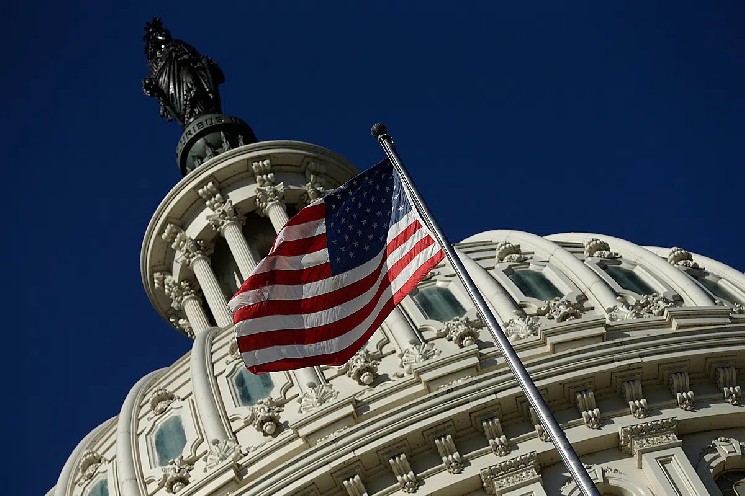

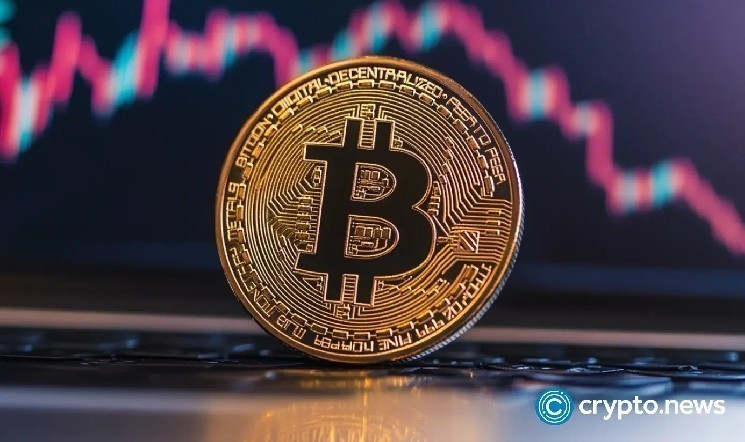
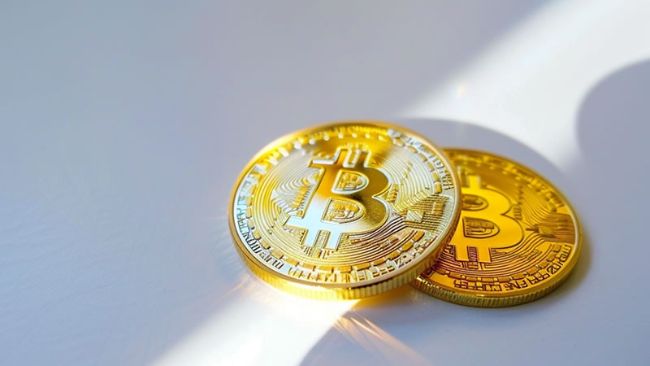


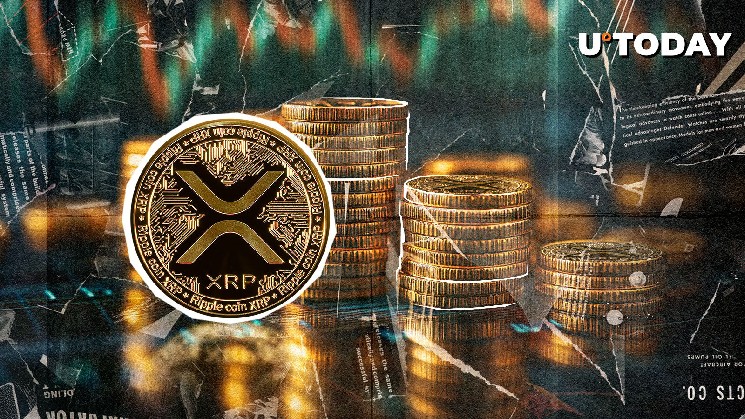


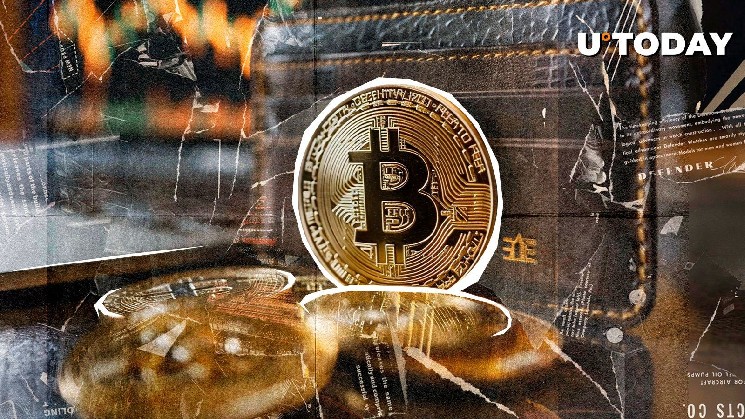


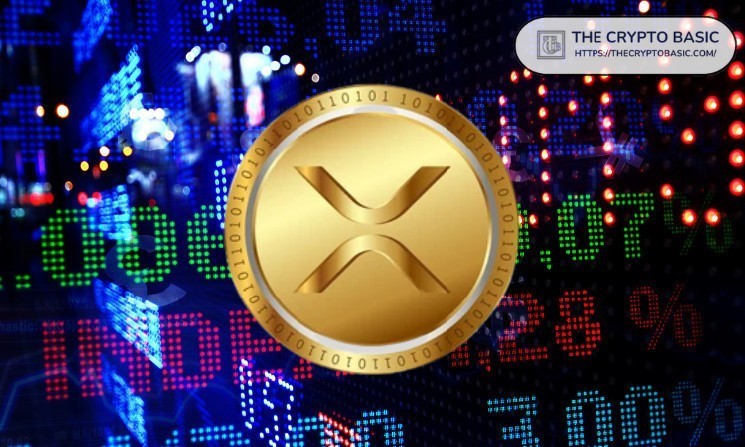

Leave a Reply